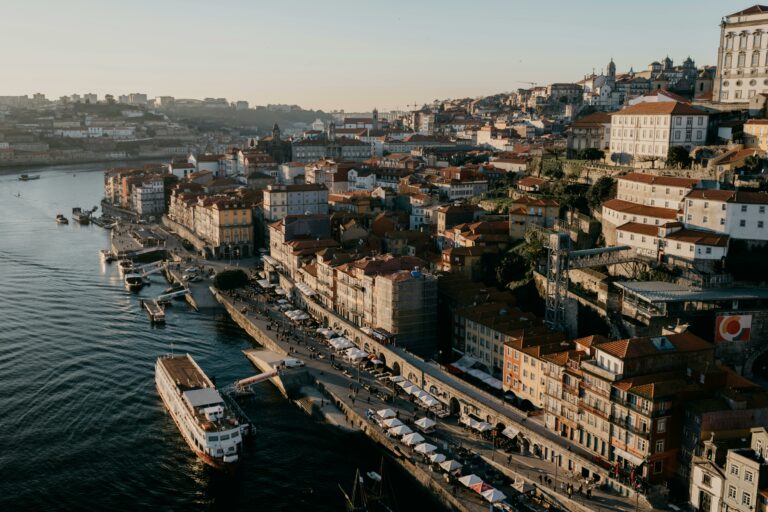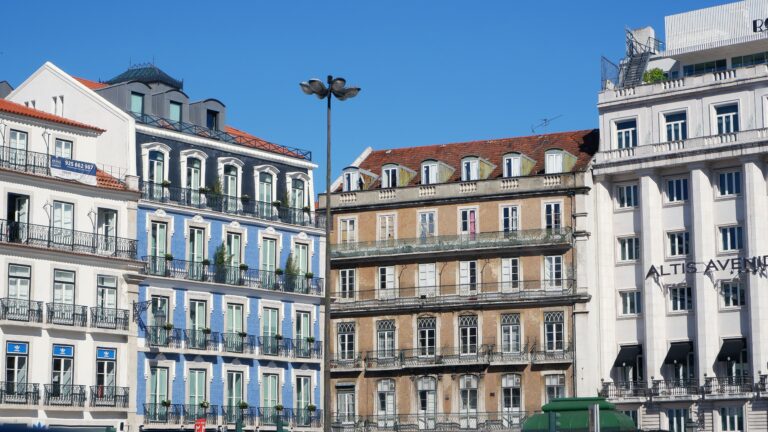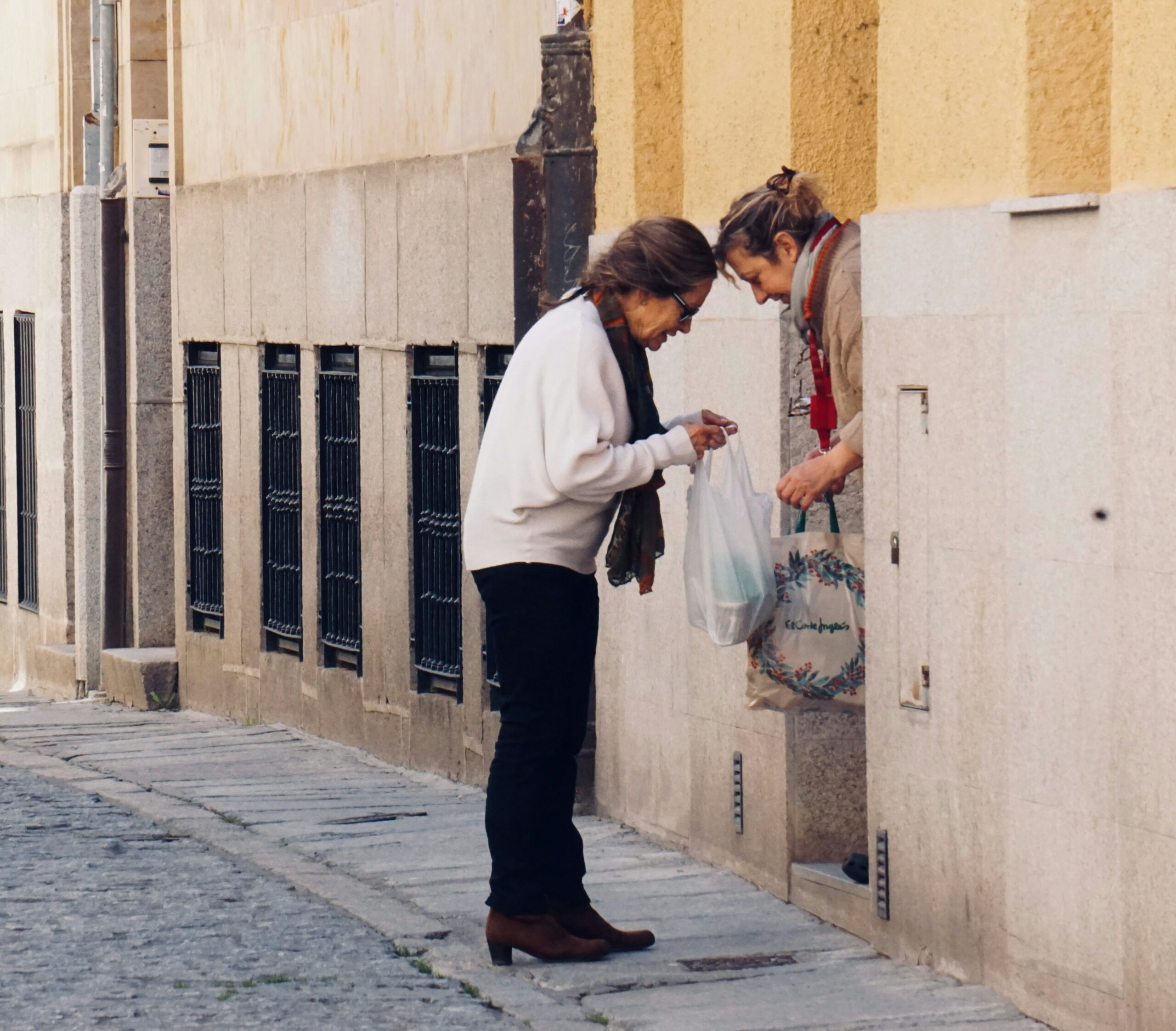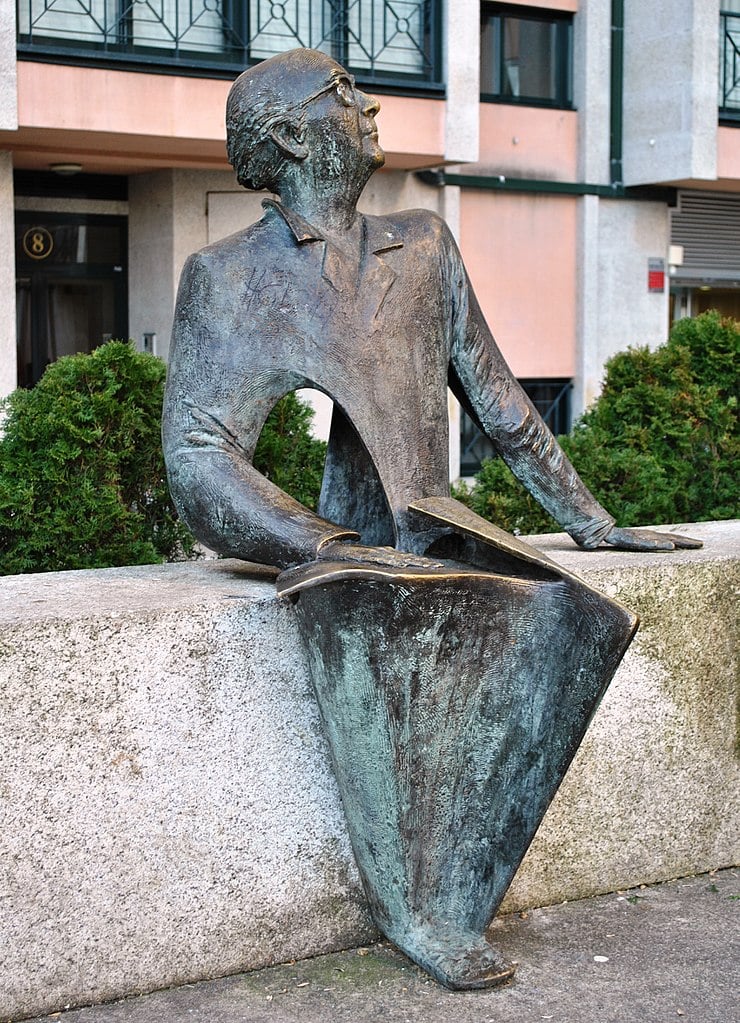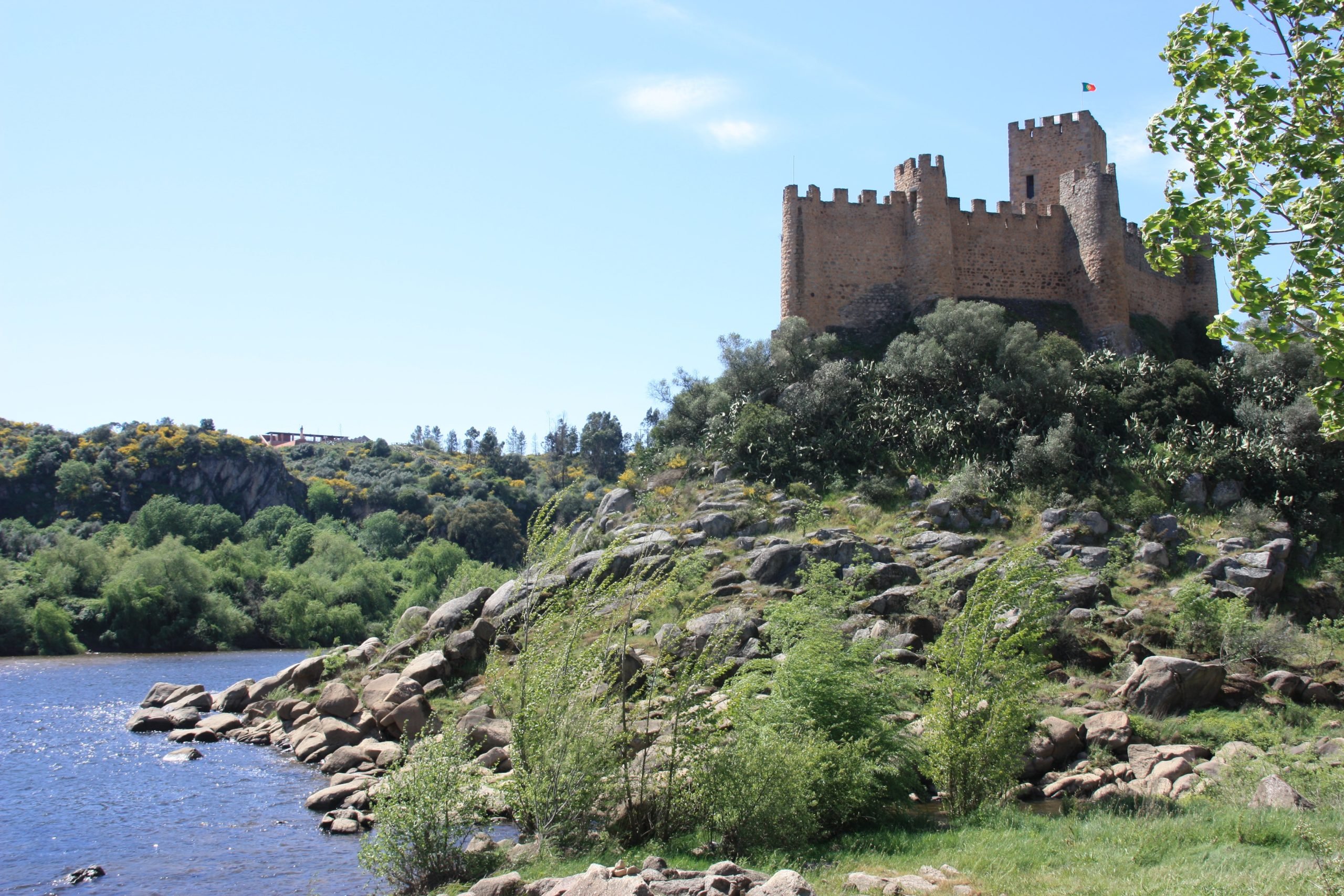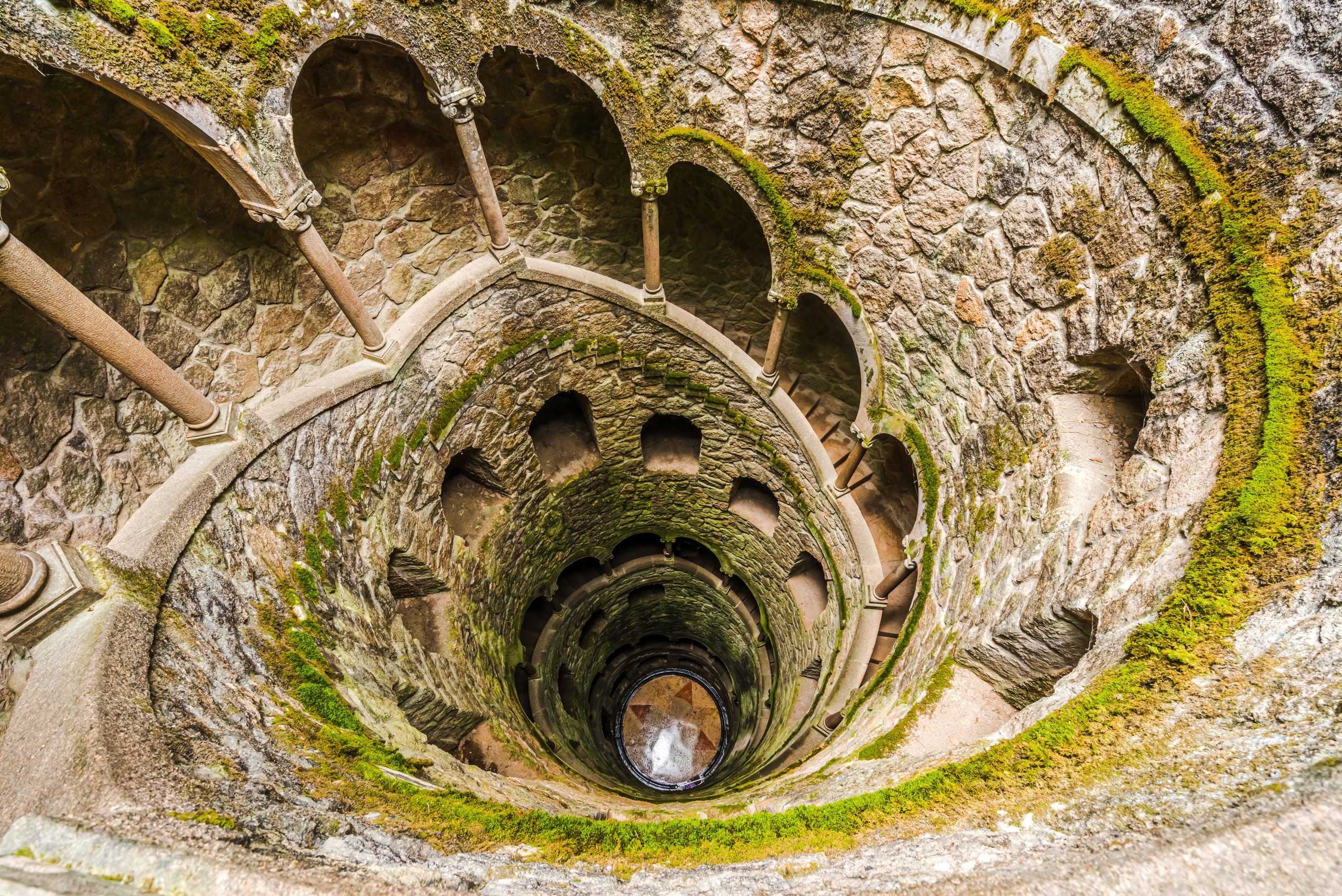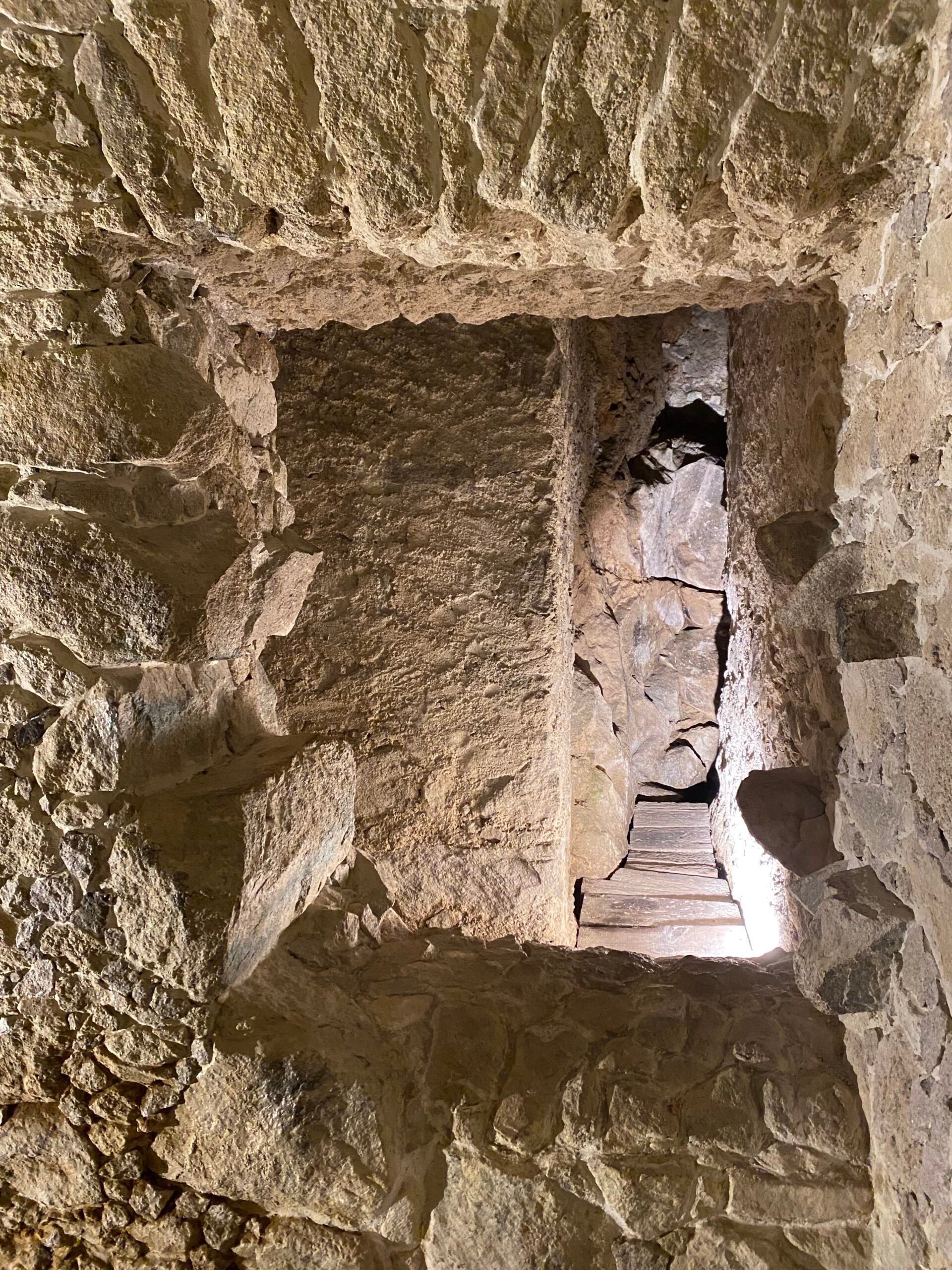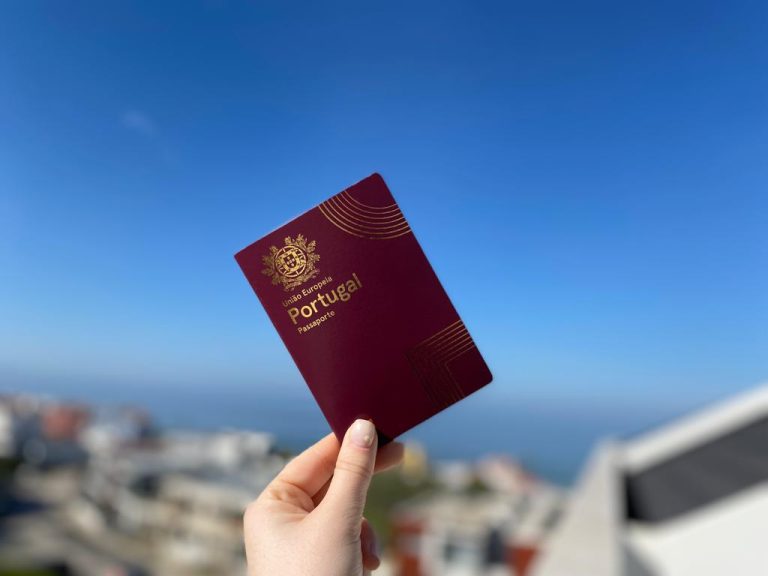Lisbon in October can be summed up in one word: delightful! It’s not that hot anymore, but it’s not that cold yet either. You can still enjoy hours of sunshine punctuated by occasional 5-minute rain showers. In other words, it’s a pleasure to walk the streets of Lisbon in the middle of autumn – and we encourage you to enjoy it!
Even though the summer is long gone, the cultural agenda never stops, so there are plenty of events to attend in Lisbon in October – from film festivals to intriguing art exhibitions!
Keep reading to learn more about the 12 things to do in Lisbon in October!
1. Festa do Cinema Francês (French Film Festival)
When: October 3 – 13
Where: Cinema São Jorge, Av. da Liberdade 175, 1250-096 Lisboa, Portugal
How much: 5 EUR per ticket
The French Film Festival will take place from October 3 to November 30 across several cities in Portugal, with a focus on Lisbon, where you can attend it from October 3 to 13, 2024. The 25th edition of this annual event celebrates French cinema, showcasing films, retrospectives, and special screenings for each and everyone’s cinematic taste.
On the 3rd of October, you can watch The Count of Monte Cristo in Sala Manoel de Oliveira. The screening begins at 8 p.m. and is presented by the actor Patrick Mille and producer Dimitri Rassam. The last festival day in Lisbon presents Beating Hearts starring François Civil, Adèle Exarchopoulos, and Malik Frikah. Between these, you can enjoy classic movie screenings, new movie premieres, and different discussion events that can be truly inspiring for cinema enthusiasts!
2. ModaLisboa (Lisbon Fashion Week)
When: October 10 – 13
Where: Pátio da Galé, Praça do Comércio nº 10 (10-12-14, 1100-148 Lisboa, Portugal
The 63rd edition of ModaLisboa, Lisbon’s Fashion Week, takes place in October 2024. This event is a celebration of Portuguese fashion and design. The program includes runway shows, exhibitions, and the SANGUE NOVO competition for new designers.
ModaLisboa showcases both established and up-and-coming designers, so it should definitely be added to your Lisbon to-do list if you happen to be in town between October 10 and 13 and if you’re interested in this kind of event.
The events will take place at Patio da Gale, a luxurious venue in Lisbon featuring a modern decor that still preserves some of the building’s historical richness.

3. TimeHunt Experience Lisbon
When: October 23 – 27
How much: 750 EUR
Want to have some fun in Lisbon? Make sure to book a ticket for the TimeHunt Experience! It is an interactive urban adventure game that takes you to a completely different universe for seven days! Imagine spending an entire week having fun in escape rooms and scavenger hunts!
You’ll solve puzzles, decipher clues, and navigate through the historic streets of Lisbon while uncovering the city’s hidden secrets and stories. Without a doubt, you’ll have fun alongside other players, as you’ll work in teams, racing against the clock to complete your missions!
The ticket for the entire week costs 750 EUR. Besides the activities mentioned above, it includes various breathwork sessions, meals, and a rooftop party at the end of the week!
4. André Rieu Concert
When: October 30 and 31
Where: MEO Arena, Rossio dos Olivais, 1990-231 Lisboa, Portugal
How much: 45 EUR – 130 EUR
World-renowned Dutch violinist and conductor André Rieu will bring his Johann Strauss Orchestra to Lisbon in October 2024 for a spectacular concert! If you enjoy listening to classical music, this is your chance to have an unforgettable night out in Lisbon!
The concert will feature a repertoire of classical masterpieces, waltzes, movie scores, and popular music, all presented with Rieu’s signature flair for showmanship. The event promises to be a visually stunning and emotionally stirring experience, with elaborate costumes, stage design, and special effects complementing the music.
It will take place at MEO Arena on October 30th and 31st, as well as November 1st and 2nd.
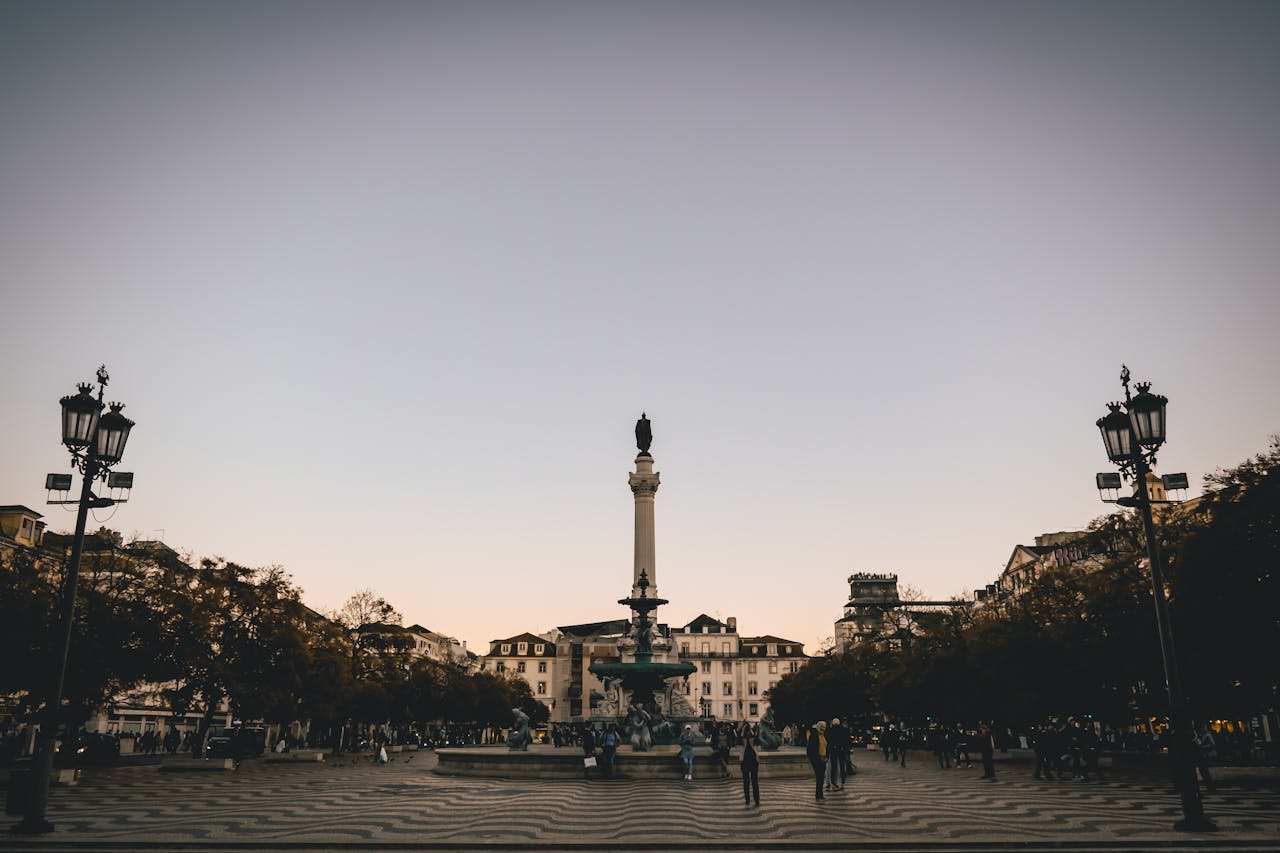
5. Nick Cave and the Bad Seeds Concert
When: October 27
Where: MEO Arena, Rossio dos Olivais, 1990-231 Lisboa, Portugal
How much: 40 EUR – 75 EUR
The iconic Australian rock band Nick Cave and the Bad Seeds will perform in Lisbon in October 2024. This band is known as one of the most celebrated post-punk and alternative rock bands in the world, so listening to them live in Lisbon is undoubtedly an amazing opportunity if you like this type of music. In fact, their shows are among the most anticipated concerts in 2024, so hurry up and buy a ticket!
6. Kafka: Carta a um Deus Desconhecido
When: October 15, 7 p.m.
Where: Goethe-Institut Lisboa, Campo dos Mártires da Pátria 37, 1169-016 Lisboa, Portugal
How much: Free
Are you a bibliophile, or do you simply enjoy attending cultural events? If so, don’t miss out on Kafka: Carta a um Deus Desconhecido! This event will likely take place in Portuguese – but don’t worry, we’re sure you’ll still be able to understand parts of it, communicate with others, and maybe even learn a bit of Portuguese if you don’t already speak it!
This event, which takes place at the Goethe-Institut library, discusses Franz Kafka’s exploration of spirituality and existence. The discussion will also focus on Kafka’s unfinished letter to his father. You’ll also have the opportunity to meet Isabel Castro Silva, the translator of a newly published translation of Kafka’s Letter to His Father.
7. Grandes Coros de Ópera
When: October 13 and 24, 5 p.m.
Where: Teatro Nacional de São Carlos, R. Serpa Pinto 9, 1200-442 Lisboa, Portugal
How much: 10.50 EUR – 31.50 EUR
This grand musical event at the São Carlos National Theatre in Lisbon showcases some of the most beloved and powerful choral pieces from the opera repertoire performed by the Choir of the Teatro Nacional de São Carlos and the Portuguese Symphony Orchestra.
You’ll have the chance to delight in iconic selections from famous operas, including works by composers such as Verdi, Wagner, and Puccini. It’s an opportunity for both opera aficionados and newcomers to experience the grandeur and drama of classical music in a historic venue!
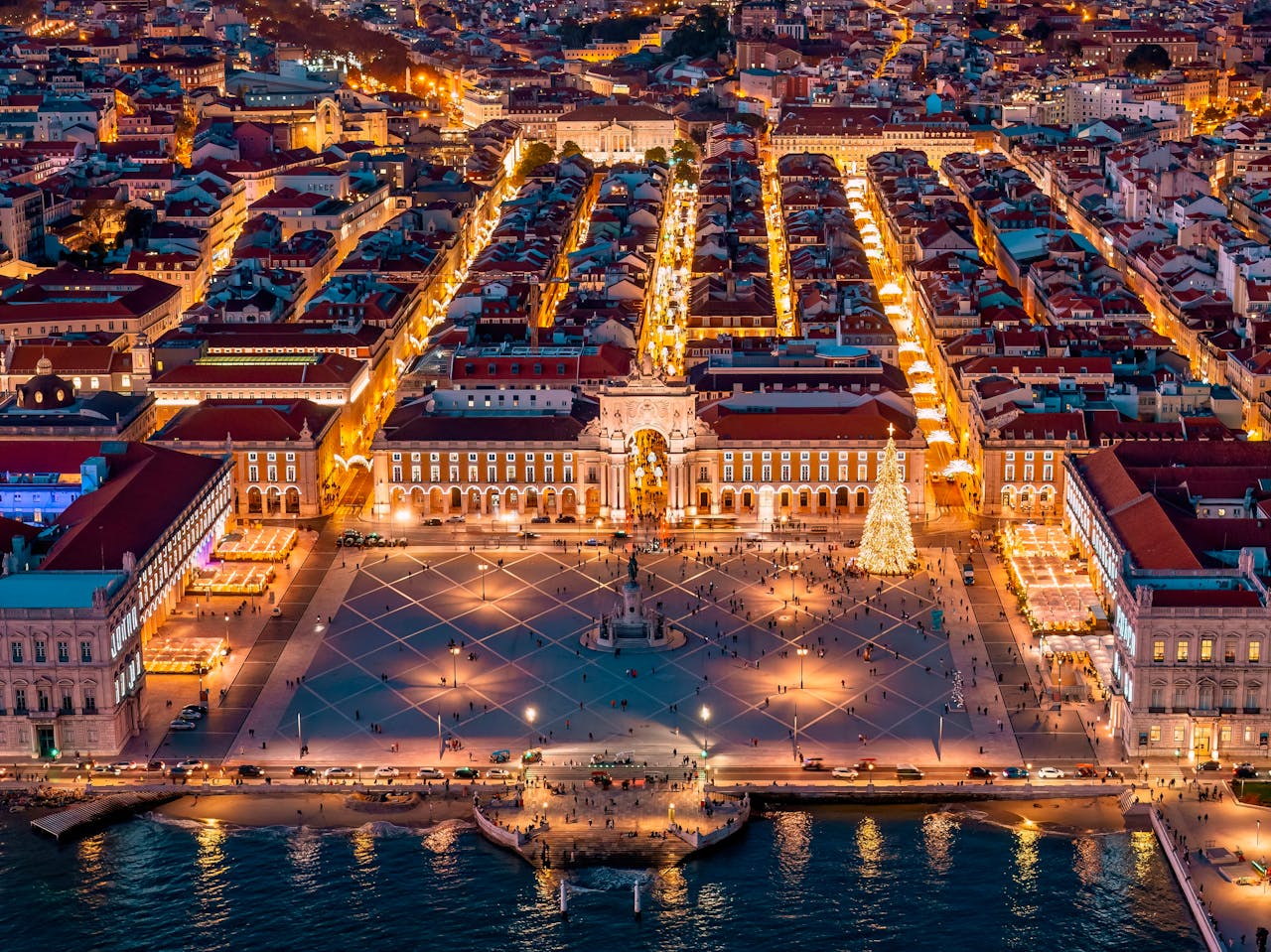
8. Percurso Pedestre: Lisboa dos Espiões
When: October 27, 11 a.m.
Where: Tivoli Avenida Hotel, Av. da Liberdade 185, 1269-050 Lisboa, Portugal
How much: 16 EUR
This walking tour offers a unique perspective on Lisbon’s history through the lens of espionage and international intrigue. Although Portugal was not a WWII participant, Lisbon was definitely a battlefield for secret services. So, if you’re a history enthusiast, you’ll certainly want this experience on your Lisbon bucket list!
You’ll explore various locations throughout the city that played significant roles in covert operations, including historic hotels, cafes, and other landmarks known to have been frequented by spies and diplomats. The guides will share stories about famous operatives, secret missions, and the city’s role in global intelligence networks.
The meeting point is in front of the primary entrance of the Tivoli Avenida Hotel, and the tour takes approximately two hours. If you want to register for the tour, send an email to [email protected] or contact them at 91 477 38 36.
9. Crystal Fighters Concert
When: October 15, 8:30 p.m.
Where: Lisboa ao Vivo, Av. Mar. Gomes da Costa 29 B1, 1800-255 Lisboa, Portugal
How much: 29 EUR
The Crystal Fighters, an English electronic music band known for their unique fusion of Basque folk music and electronic dance, will bring their vibrant live show to Lisbon in October 2024. Their performances are celebrated for creating a festive, almost euphoric atmosphere, blending traditional instruments like txalaparta with modern synthesizers and drums.
The band’s colorful stage presence promises a visually stunning experience. This concert offers you a chance to experience the Crystal Fighters’ eclectic sound that bridges cultural and musical boundaries, creating a dance party with a global twist – in other words, fun is guaranteed!
If you want to check out other events held at Lisboa ao Vivo, check out their website here. In October, you can attend the DKB World Tour Dark Strange, the Lisbon Tattoo Rock Fest, the MC Daniel concert, and others.

10. Daniel Blaufuks Exhibition
When: July 17 – October 7, 10 a.m. – 7 p.m.; Wednesday to Monday
Where: MAAT, Av. Brasília, 1300-598 Lisboa, Portugal
Daniel Blaufuks is a renowned Portuguese visual artist whose visual-textual diary for the year 2023 is currently exhibited at MAAT in Lisbon – don’t miss the last days to see them, as the exhibition ends on the 7th of October.
You’ll have the possibility to admire, analyze, and ponder upon over 450 works, including photographs, collages, and clippings with personal notes. They offer you a glimpse into Blaufuks’ creative process and method of documenting life. His work explores themes of time, memory, and the interplay between personal and historical narratives.
Since you’ll be at MAAT for the exhibition, you can visit the entire museum – after all, it’s one of the most famous in Lisbon!
11. Doclisboa – International Film Festival
When: October 17 – 27
Where: Multiple locations
The 22nd edition of Doclisboa will take place from October 17 to 27, 2024, in Lisbon. This prestigious documentary film festival is dedicated to exploring new paths in documentary cinema and the relationship between film and reality. The festival has several sections, including:
- International Competition
- Portuguese Competition
- New Visions
- Heartbeat
- Green Years
- From the Earth to the Moon
- Doc Alliance
Doclisboa aims to present films that engage with the world’s complexity and experiment with cinema’s artistic and political possibilities. You can choose among over 180 films featured at Doclisboa, having been selected through a unique curatorial model.
Screenings will be held at various venues across Lisbon, including Culturgest, São Jorge, Cinemateca Portuguesa, and Cinema Ideal. The festival also includes a project called Nebulae, which consists of various activities and meetings during which you can discover more about the development of independent cinema.
12. Impressive Monet & Brilliant Kilmt by Ocubo
When: October 1 – 13
Where: Reservatório da Mãe d’Água das Amoreiras, Praça das Amoreiras 10
How much: 12.50 EUR
Until the 13th of October, you have the opportunity to delight in an immersive artistic exhibition that combines the Impressionism of Monet and the Symbolism of Klimt! While it is undoubtedly a dream experience for artists and art enthusiasts, you’ll definitely enjoy it even if you’ve never been interested in Monet’s or Klimt’s artwork!
The exhibition is held in a 2000-square-meter space filled with 360º light projections and even a floating platform! If you’re in Lisbon with your kids, they’ll definitely enjoy the exhibition as well – the works of both Monet and Klimt are highly colorful and eye-catching for children!
However, please note that the event features bright lights and sound effects, so people with epilepsy should refrain from attending it.








